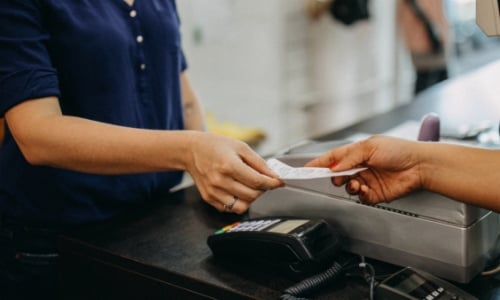
As you begin to become independent from your parents, you may be scared of the prospect of dealing with your own finances. Although this is a common worry, as long as you make good decisions, you won't have to worry.
When it comes to finances, it is in your best interest to educate yourself as much as possible when you are starting out. By learning as much as you can about the pitfalls of finances, you will be able to develop good money managing habits and prevent yourself from making any bad transactions. Here are a few mistakes you should avoid:
Overspending
As you open up your own checking account and acquire some money, you may feel like you can handle a credit card. Getting a credit card can be a great tool as it can teach you about finances and help you build credit. By establishing a good line of debt, you will be able to increase your credit score, which is good as lenders will use this to examine your responsibility when dealing with credit. But you shouldn't use this card more than you have to.
One of the most common financial mistakes people make is that they believe credit is another form of cash. By having this type of mentality, you will sink yourself into debt and drastically affect the state of your credit score. To help curb this train of thought, just remember that you have to pay back whatever purchases you make on your card. This may stop you from buying an expensive item or using your card every single day of the week.
Savings Account
As you are starting out on the financial road, you may not be thinking about saving for your future. Checking accounts, interest rates and banks fees may seem like a lot of things to take in at first, but you shouldn't get overwhelmed and forget about your future financial picture. To help get ready for the times ahead, you should start putting money into your savings account.
A savings account is important because it can help you out of future financial pickles. By not putting money into one of these accounts, you could be in trouble if you have to pay for emergency medical bills or if your car breaks down. Funding your savings account does not mean you have to put half of your paycheck into it, but a little bit will go a long way. To start off, try putting in $25 from your checking account into your savings each month. Many banks now have automatic transfer options, so all you have to do is set it up once and the bank will do the rest for you. As you become more comfortable, try increasing this amount every month.
Paying Bills on Time
Seeing a stack of bills in your mailbox may not be the most pleasant thing to look at after a long day, but you should try to handle this financial responsibility as quickly as you can. Tossing these bills on your kitchen table can cause you to forget about them and miss your due date. This can result in an expensive past due charge and if you don't pay it back for an extended period of time, you could get your services turned off or it could go to collections. This can have drastic affects on your checking account and even your credit score.
To help you get your bill paying done, set up a friendly reminder on your phone or jot down a quick note in your daily planner.